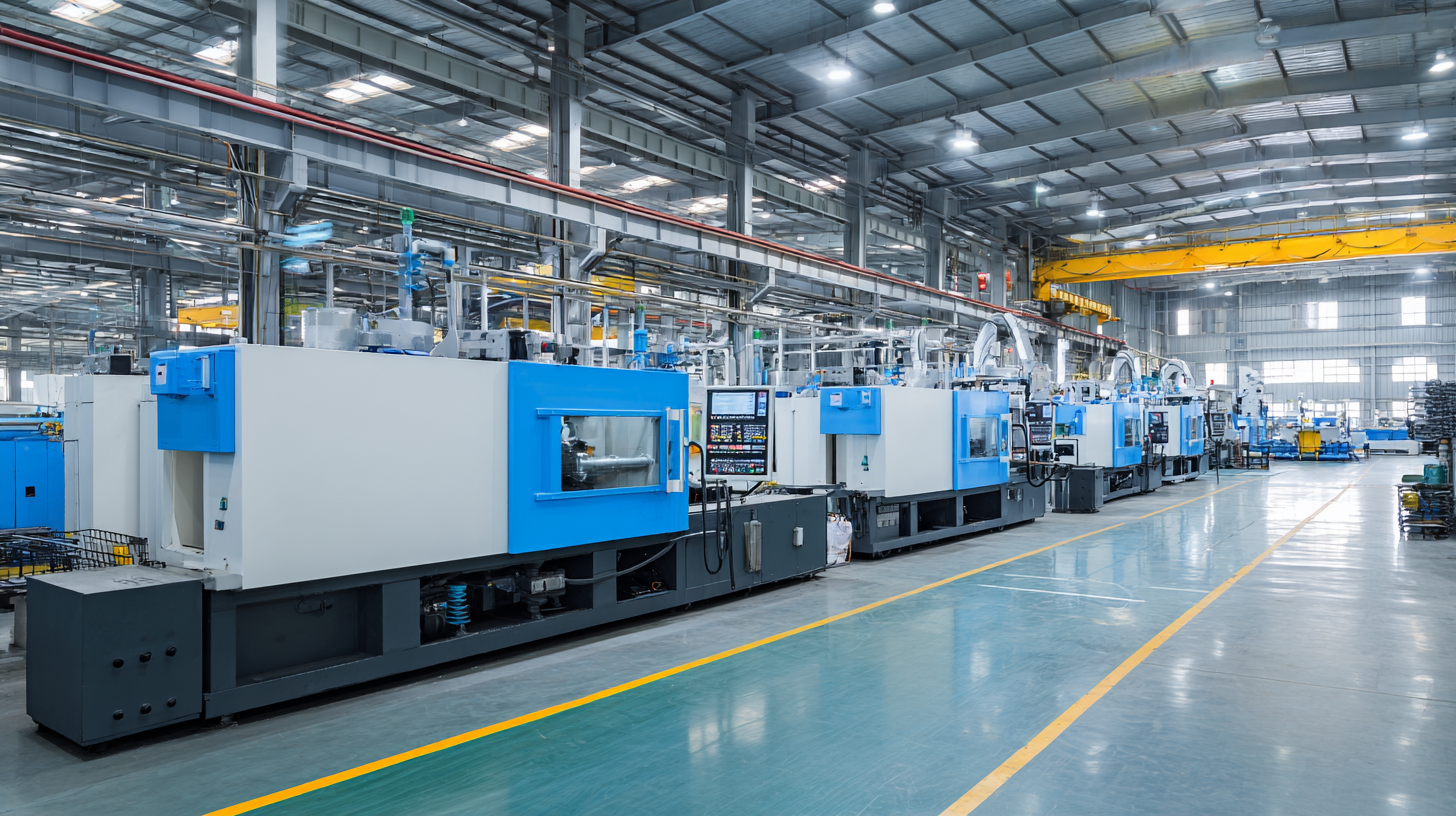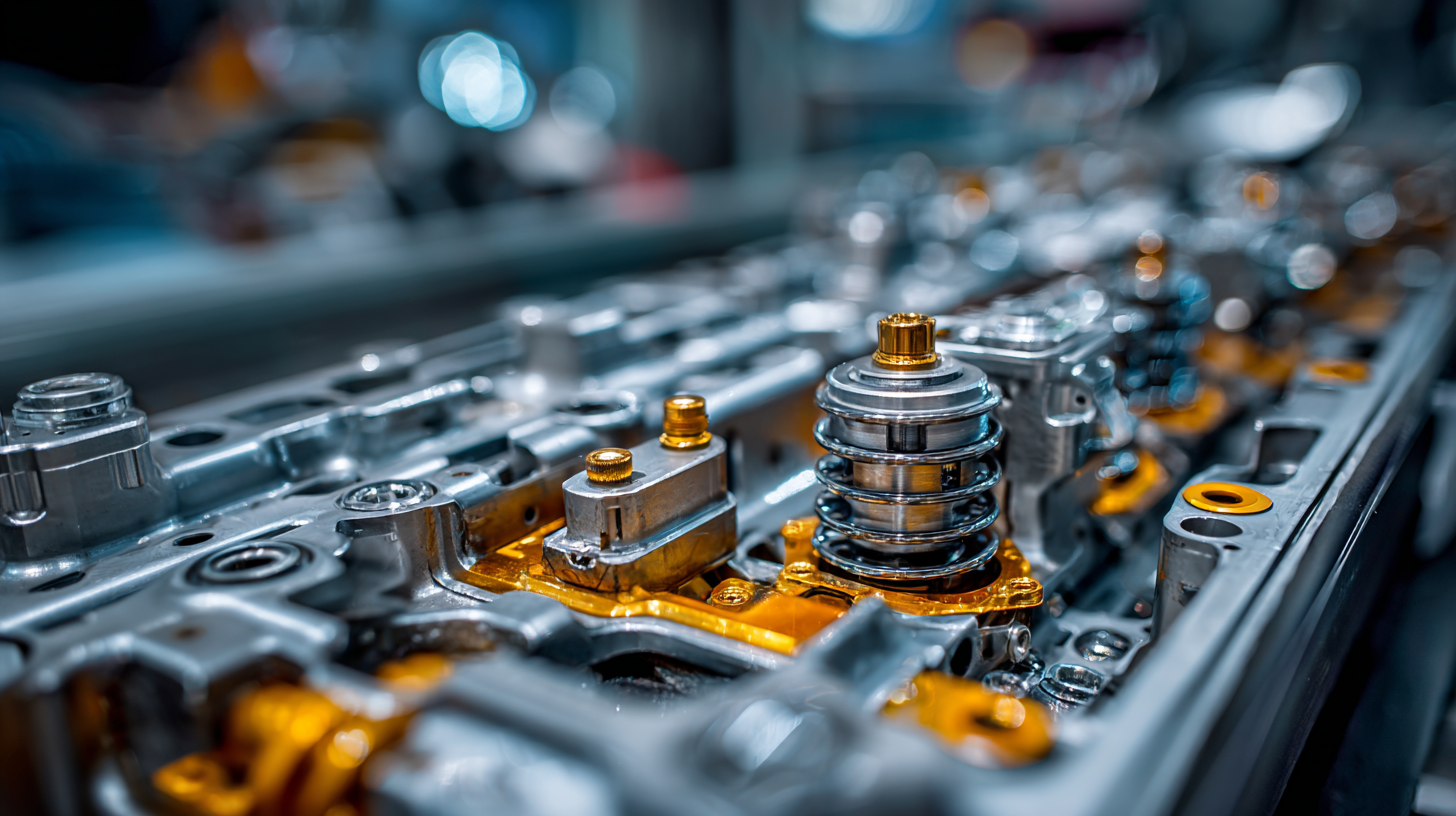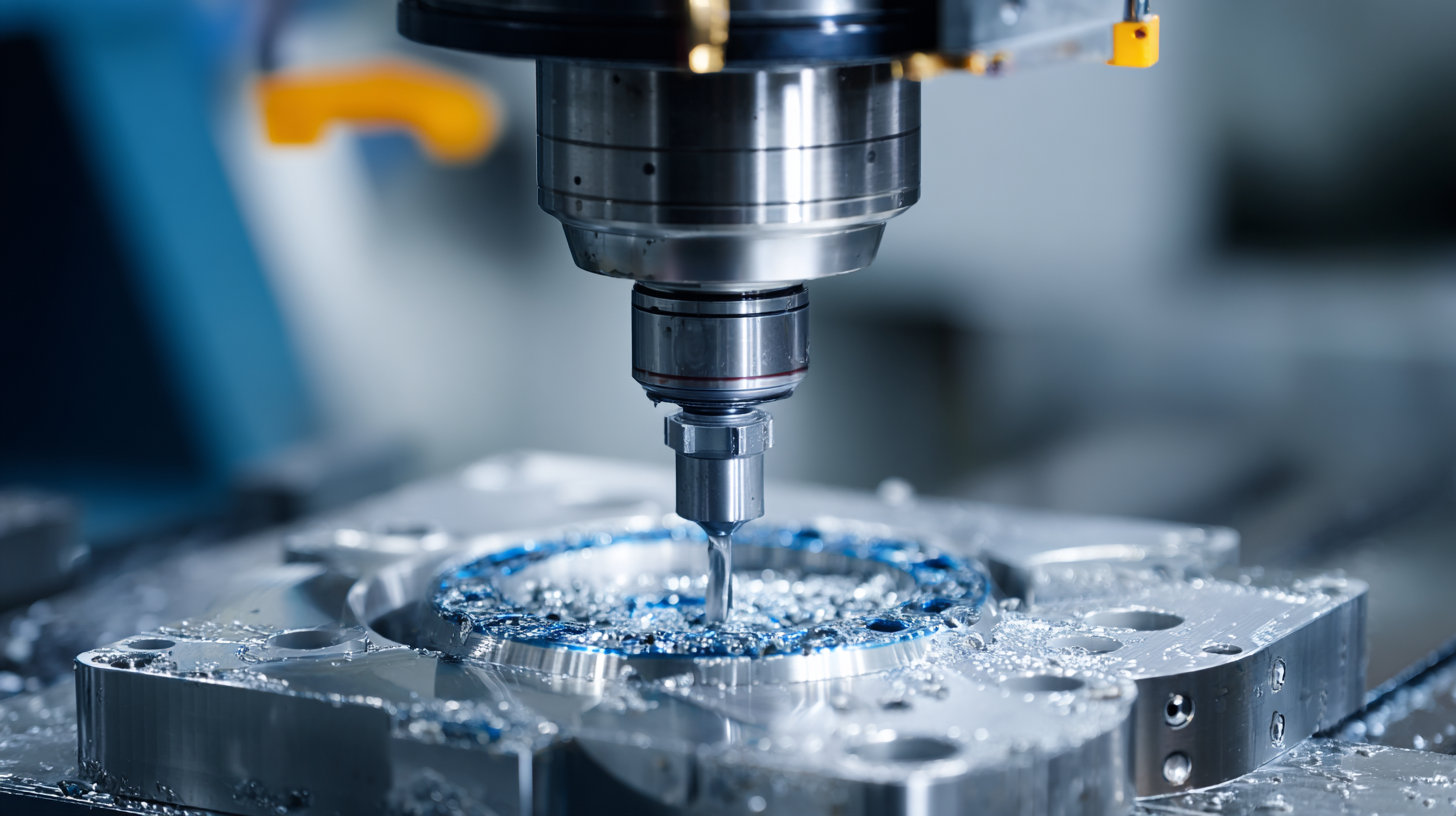In the rapidly evolving Injection Molding Automotive Industry, maximizing cost efficiency has become a pivotal challenge for manufacturers seeking to maintain competitiveness. According to a recent report by MarketsandMarkets, the global automotive injection molding market is projected to reach $18.2 billion by 2025, driven by the increasing demand for lightweight and durable automotive components. Exceptional after-sales service is emerging as a vital strategy to enhance cost efficiency, as studies indicate that tailored maintenance and support can reduce operational costs by up to 30%. By optimizing processes and ensuring the longevity of molds and equipment through superior service practices, manufacturers can not only achieve significant cost savings but also improve product quality and customer satisfaction. This guide explores the essential role of after-sales service in amplifying profitability and efficiency within this dynamic industry.

Exceptional after-sales service in the automotive injection molding sector is crucial for maximizing cost efficiency. By providing dedicated support and swift resolution of any issues, manufacturers can significantly reduce downtime and optimize production efficiency. This proactive approach not only enhances customer satisfaction but also builds trust, encouraging long-term partnerships.
With the recent expansion into new markets, companies can leverage their global service capabilities to offer localized support. For instance, establishing operations in key regions allows for timely maintenance and rapid response to customer needs, thereby improving overall operational efficiency. By focusing on exceptional after-sales service, automotive injection molders can ensure that their clients experience minimal disruptions, ultimately leading to lower costs and greater productivity in their manufacturing processes.
Efficient problem resolution in automotive injection molding can lead to significant cost savings, which is crucial in today's competitive market. According to a report by the Society of Plastics Engineers, poor problem resolution can increase operational costs by up to 30%. By investing in exceptional after-sales service, companies can address issues promptly and minimize disruptions in the production process. This proactive approach not only enhances product quality but also reinforces customer loyalty.
To achieve this, companies should implement a structured approach to problem resolution. Regular training for staff on the latest injection molding technologies and troubleshooting techniques can reduce downtime significantly. **Tip:** Establish a dedicated customer service team that specializes in injection molding. This team should be equipped with the tools and resources to resolve issues quickly and maintain clear communication with clients throughout the process.
Another strategy is to utilize predictive maintenance and real-time monitoring systems. According to a study by the International Plastics Association, companies that adopted these technologies reported a 25% reduction in equipment failure rates. **Tip:** Invest in software solutions that track machine performance and alert operators to potential problems before they escalate. By staying ahead of potential issues, manufacturers can enhance efficiency and achieve substantial cost savings in their injection molding operations.
In today's competitive automotive industry, fostering strong customer relationships is crucial for maximizing cost efficiency in injection molding processes. Proactive after-sales support not only enhances customer satisfaction but also provides significant cost advantages. According to a recent report by the Automotive Industry Action Group (AIAG), companies that invest in robust after-sales services can improve customer retention by up to 30%, which directly translates to lower acquisition costs and increased profitability.
To optimize after-sales support, automotive manufacturers should focus on creating a seamless communication channel with clients. This includes regular follow-ups and updates regarding product performance and maintenance tips. A well-structured feedback loop can allow companies to quickly address any issues, thereby minimizing costly downtimes associated with injection molding equipment. For instance, integrating predictive maintenance strategies has shown to reduce unplanned outages by 40%, allowing for more efficient use of resources.
Tip: Invest in training your after-sales team to be knowledgeable about both the product and customer-specific needs. This empowers them to provide tailored solutions that enhance user experience. Additionally, utilizing customer relationship management (CRM) tools can streamline interactions, ensuring that no concerns go unaddressed. By prioritizing proactive support, automotive companies can not only boost customer loyalty but also enhance their bottom line significantly.

In the automotive industry, aftersales service has evolved significantly, driven by the integration of digital tools. According to a report by McKinsey, companies that leverage digital technologies in their aftersales strategies can enhance customer satisfaction and reduce service costs by up to 25%. With the growing complexity of automotive components, exceptional aftersales service is crucial not only for customer retention but also for maximizing cost efficiency in automotive injection molding.
Digital tools such as predictive maintenance software and real-time analytics empower manufacturers to streamline their aftersales operations. A study by Deloitte reveals that implementing these digital solutions can reduce downtime by approximately 30%, allowing for more efficient management of resources and improving overall production timelines. This efficiency not only enhances the performance of injection-molded automotive parts but also caters to customer demands for timely service and support, ultimately driving profitability in a competitive market.

In the automotive industry, effective after-sales service has emerged as a crucial component in minimizing injection molding costs. By providing ongoing support and maintenance, manufacturers not only enhance customer satisfaction but also ensure long-term performance of their molds. According to a recent industry report, companies that prioritize robust after-sales service can reduce overall costs by up to 20%, significantly impacting their bottom line.
Tips: Investing in comprehensive training programs for service teams can lead to improved problem resolution rates, fostering greater customer loyalty. Staying proactive in service communications ensures clients remain informed and engaged, which is essential in maintaining ongoing relationships.
Moreover, as companies face increased competition in manufacturing, the ability to offer exceptional after-sales support can be a decisive differentiator. A study found that businesses with dedicated after-sales teams report a 15% increase in repeat clients. By integrating after-sales service into the production strategy, firms can create a cycle of continuous improvement that ultimately drives cost efficiency in the injection molding process.
Tips: Consider implementing a feedback system to gather client insights on service experiences. This information can guide improvements and reinforce service quality, leading to reduced costs and enhanced client trust.
| Service Type | Cost Reduction (%) | Time Savings (hours) | Impact on Production (% Increase) | Customer Satisfaction (Score) |
|---|---|---|---|---|
| Predictive Maintenance | 15% | 10 | 20% | 8.5 |
| Training and Support | 10% | 5 | 15% | 9.0 |
| Rapid Prototyping | 20% | 12 | 25% | 9.5 |
| Quality Assurance Checks | 12% | 6 | 18% | 8.7 |
| Spare Parts Availability | 18% | 8 | 22% | 9.2 |
